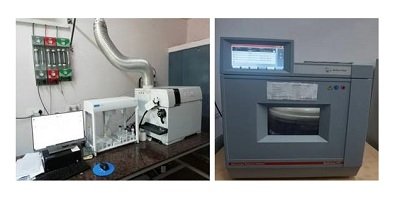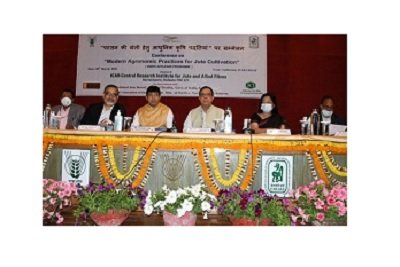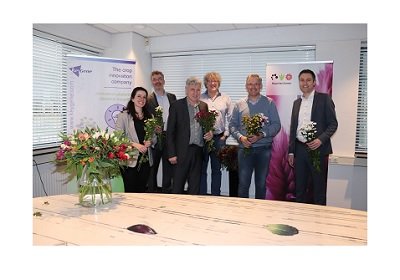PHPTC’s quality control lab bags NABL accreditation
The laboratory carries out tests for heavy metals and other trace metals in water complying with BIS and a variety of fresh and processed food products for compliance
The Punjab Horticultural Post-Harvest Technology Centre (PHPTC) at Punjab Agricultural University (PAU) has recently been granted NABL Accreditation in accordance with ISO17025:2017 for analysis of trace metals (including heavy metals) in water wide accreditation certificate number TC- 10329. The quality control laboratory of PHPTC is equipped with sophisticated equipment such as an inductive coupled plasma mass spectrophotometer (ICP-MS) and microwave digestion system (MDS) for heavy metal analysis.
Dr BVC Mahajan, Director, PHPTC, emphasised that the authentication of a testing report is a major challenge faced by the farmers, exporters, entrepreneurs and various food industries all over India. Owing to this, FSSAI is emphasising the food testing laboratories all over India to get NABL accreditation. NABL’s accreditated report from a laboratory signifies authentication of quality and its technical competence, he added. The reports issued by NABL accredited laboratories are acceptable internationally, catering to the export requirements of industries and exporters. This laboratory is funded by Punjab State Mandi Board to provide testing services to farmers, entrepreneurs, government and private institutions, he informed. The laboratory carries out tests for heavy metals and other trace metals in water complying with BIS and a variety of fresh and processed food products for compliance with the requirements laid down by FSSAI under the Food Safety and Standards Act 2006, he told.
The other testing services such as estimation of quality attributes in fresh and processed food products, portability of water including biochemical and microbiological parameters are also provided by the laboratory. The centre is also creating awareness among the farmers and new entrepreneurs regarding accreditated testing of water and food in its training programmes, he said.
Dr Ritu Tandon, Quality Manager of the laboratory, told that with the increasing pace of industrialization, heavy metals (Arsenic, cadmium, lead, mercury and chromium) are getting accumulated and have started becoming an integral component of the food chain through drinking and irrigation water. She informed that heavy metals monitoring in drinking and irrigation waters is the need of the hour as these metals have a deteriorating effect on human and animal health. The ICP-MS is a highly sensitive and accurate instrument for analysing all heavy metals and other nutritional elements in water and food, she added.
Dr Swati Kapoor, Technical Manager and Dr Pooja, Deputy Technical Manager of the laboratory, highlighted the criticality of analytical operations of the equipment to generate the authenticated results. The detailed list of test parameters and their charges can be accessed on the website of PHPTC.
The laboratory carries out tests for heavy














